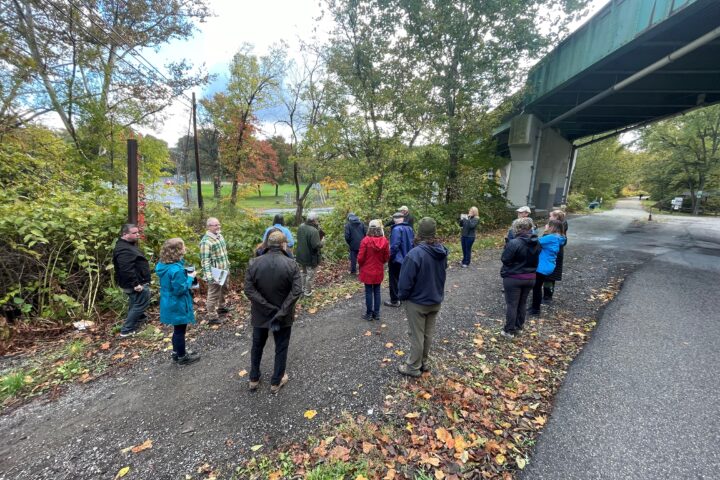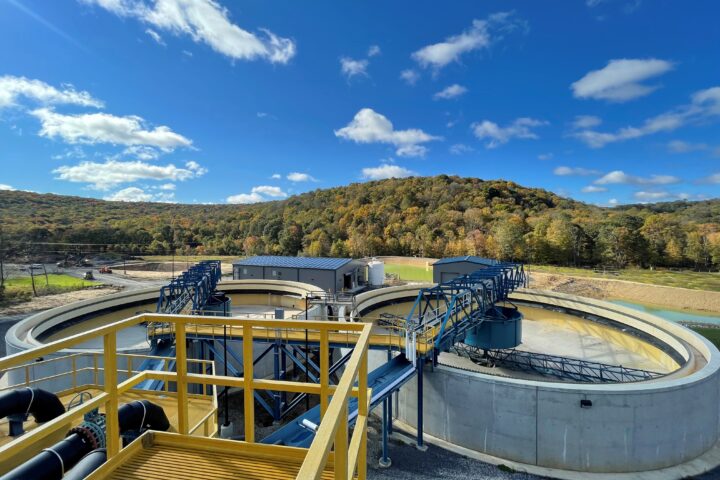Over the past five decades, the Land and Water Conservation Fund has infused over $16 billion of federal energy royalties into more than 41,000 conservation projects — from iconic national treasures to hometown parks and natural areas in nearly every county (link is external). But unless Congress acts, the LWCF will expire on September 30, 2015.
Against that urgent backdrop, Sean Robertson of the Land Trust Alliance joined a half dozen land trust Ambassadors in Washington, D.C. for LWCF advocacy day. Among the participants was Sue Currier, executive director of the Delaware Highlands Conservancy (link is external). She touted The Northeast Connection, a Forest Legacy project done in partnership with three local rod and gun clubs as an “unconventional partnership” that’s “elevated the presence of the conservancy in our community.” She hopes to see strong enough LWCF funding to get the project done this year, as does PALTA.
You can support LWCF by calling on your members of Congress to co-sponsor bipartisan legislation permanently reauthorizing the fund: S. 338 (link is external), S. 890 (link is external) or H.R. 1814 (link is external). Thirty-five senators and 130 representatives have already cosponsored these bills, and each additional cosponsor strengthens the case to renew LWCF before the September 30 deadline.
Last week, all these efforts led to a real breakthrough: U.S. Senate Energy Committee Chair Lisa Murkowski of Alaska and ranking Democrat Maria Cantwell Washington state announced a framework (link is external) to permanently renew LWCF while urging agencies to “consider conservation easements where feasible and appropriate.” It’s far from a done deal, but we’re closer than ever to a win.
You can learn more about LWCF at www.lta.org/lwcf.




